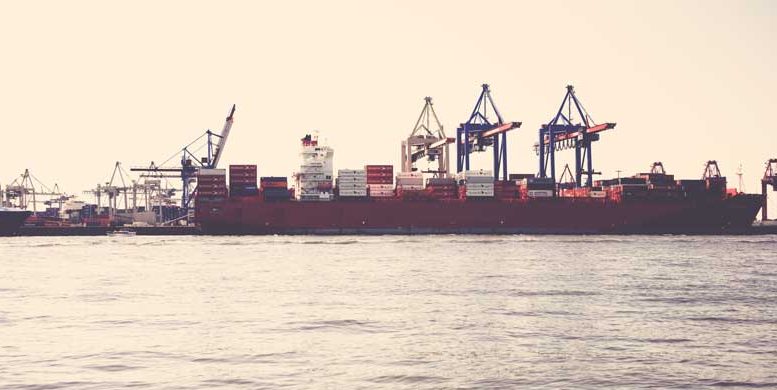|
Click to listen to this article
|
The bipartisan Ocean Shipping Reform Act (S. 3580), which aims to end port bottlenecks by lowering shipping rates and ensuring more access to container vessels, was officially signed into law June 16 by President Biden at a White House event. Efforts on the legislation began last year and different versions of the bill have volleyed back and forth between the House and Senate.
The law as passed is designed to:
- Stop international ocean carriers from unreasonably declining American cargo, as determined by the Federal Maritime Commission (FMC) in a new required rulemaking.
- Direct the FMC to self-initiate investigations of ocean carrier business practices and apply enforcement measures.
- Shift the burden of proof regarding demurrage and detention overcharges from the complainant to the international ocean carriers.
- Improve transparency of movement of U.S. agriculture and other exports by requiring international ocean carriers to report to the FMC regarding how many empty containers are being transported.
- Stop retaliation by international shipping companies against exporters and importers.
- Formally establish the FMC Office of Consumer Affairs and Dispute Resolution Services to improve the complaint and investigation process for American businesses seeking assistance from the FMC.
- Improve management of chassis by authorizing the Bureau of Transportation Statistics to collect data on dwell time for chassis and initiate a National Academy of Sciences study on best practices of chassis movement.
- Provide FMC with temporary emergency authority to collect data during times of emergency congestion.
The American Farm Bureau Federation estimates that over $25 billion in ag exports have been lost over the past six months due to supply chain shipping disruptions.
SOURCE: NATIONAL POTATO COUNCIL





